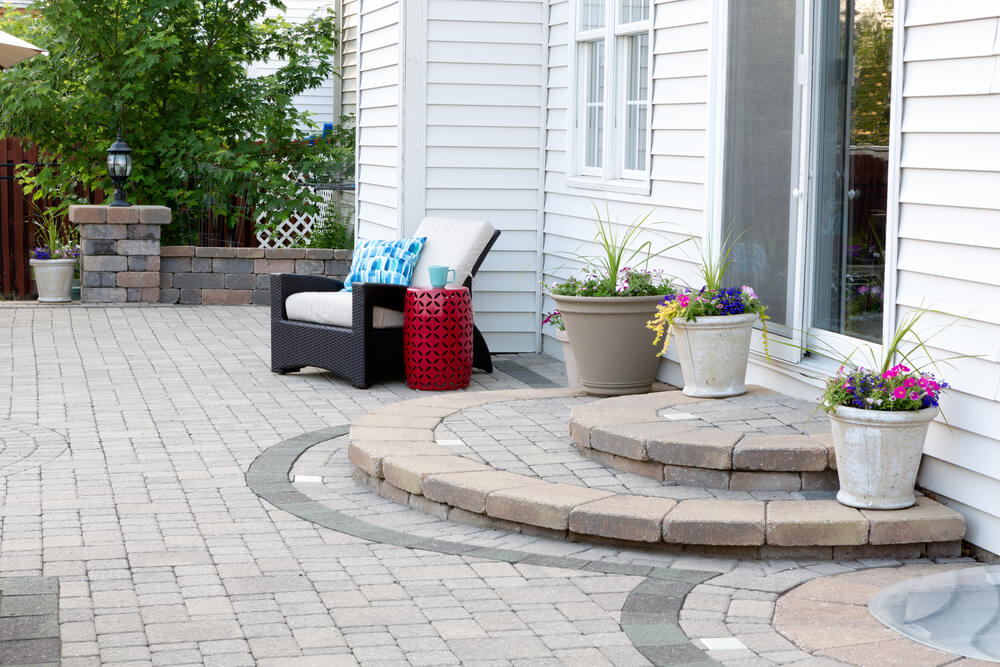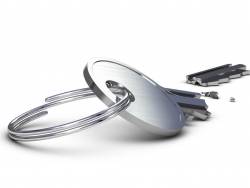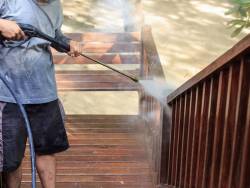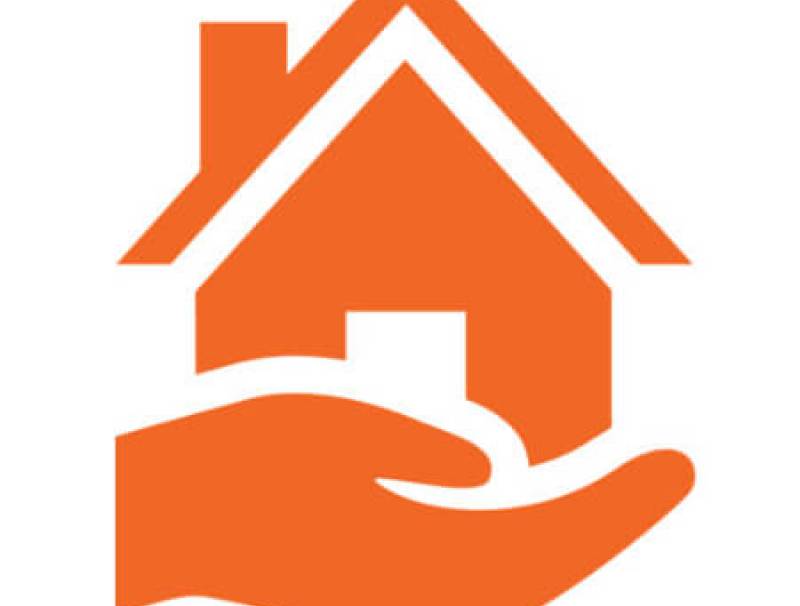How to Clean Block Paving
Block paving can be beautiful, but just like everything else outside, it will eventually become inundated with dirt, mold, grime, and a host of other naturally occurring debris. Cleaning this paving is simple as long you properly prepare yourself beforehand. ZA Groundworks Ltd, which does groundworks in Basildon, has provided some tips on how best to do that.
How Should I Prepare to Clean the Blocks?
While it depends on the layout and uses of your block paving area, there are a few steps you will need to take before you can get to the nitty gritty of either scrubbing or pressure washing the blocks. The first is to remove furniture and pots, pull up any weeds, and brush away the loose dirt.
Removing the furniture seems pretty straightforward, but it can make a world of difference when you're cleaning your paving. Ideally, you are going to want everything removed from the block area. If this isn’t possible, then you’re going to have to push everything to one side of the area, clean the exposed part, and do the reverse.
What’s the Best Way to Get Rid of the Weeds?
There are two methods of moving forward with this step. One will keep the weeds away for a longer period of time but takes time to implement, while the other is instant but won’t stop from new weeds from forming.
For a more permanent solution, there are a plethora of different types of weed and grass killers on the market today that will be able to get the job done. It’s always recommended to follow manufacturer’s instructions, but typically you are going to want to spray about 24 to 48 hours beforehand.
If you’re short on time, one of the best ways to get rid of weeds is also the oldest. Simply get a pair of gloves and yank them out of the ground. When pulling, try to position your hand as close to the root as possible so you can make sure that particular weed doesn’t grow back.
What About Removing Loose Dirt?
Using a stiff broom, you can push away any loose material that may have accumulated on your paving blocks. Make sure to pay particular attention to corners and tight areas such as behind water drains and drain pipes.
Be sure to remove any particularly large debris first, as a blower can push wind at speeds of up to 200 miles per hour or more, making things like stones and other hard objects projectiles that can crack windows and other materials.
The Prep Work Is Done, How Do I Start Cleaning?
There are roughly two methods you can follow, the scrub method or the pressure wash method. As implied, the scrub method requires a great deal more sweat equity but is safer, while the pressure washer can make fast work of a tough area but requires you to be more careful.
Often taken lightly, pressure washers are anything but. Even smaller electric models can push water out at hundreds of pounds per square inch (PSI), potentially harming people or the block itself. When using these machines, it's best to apply a few different techniques. Regardless of the material it is used on, make sure to apply at a set distance, such as a foot or two away. Make sure to use the correct tip; the less degree it has, the more powerful the stream. Finally, work on small sections at a time to make it more effective.
Also, try using a rotary head attachment. This device looks almost like a circular vacuum head, and underneath the disk is a pair of high powered nozzles that spin around. This allows users to push the gun around and cover a much larger area at once.
Make sure to always use your washer pointed away from your building or vehicles unless completely unavoidable. Make sure to use gentle sweeps across each section that you are doing. Failing to do so might result in a series of unsightly stripes across the blocks.
There are many types of cleaners for pressure washers, and manufacturers will clearly mark any containers that are perfect for block. Outdoor bleach can be used for particularly tough stains; just make sure to use the proper water to chemical ratio when applying.
Cleaning block paving isn’t necessarily a complicated task as long as you follow proper prep and cleaning techniques. While not a high risk activity by any means, make sure to use the correct chemicals, point the washer away from people, be mindful of what you're doing.






















